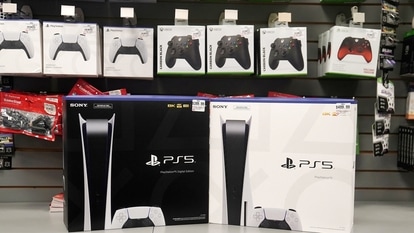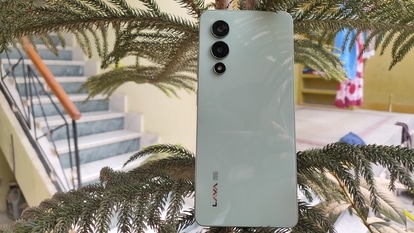DNA collection from dirty samples now possible
Extracting DNA from very small or heavily contaminated samples won't be a difficult task any more, according to the latest research.
Extracting DNA from very small or heavily contaminated samples won't be a difficult task any more, according to the latest research.
Canadian researchers at the University of British Columbia here say they have developed a new technique to extract DNA and RNA (ribonucleic acid) from even small or heavily contaminated samples to help forensic investigators and molecular biologists.
RNA is similar to DNA barring a few structural differences.
'By exploiting the physical traits of DNA - electric charge, length and flexibility - we have been able to extract DNA from samples that would otherwise not produce enough clean DNA for analysis,' biophysics professor Andre Marziali said.
Extracting DNA by conventional methods - which rely on the molecules' chemical properties - has proven challenging when there are only trace amounts of DNA or when the source sample has contaminants with similar chemical traits, the university said.
'We've found that DNA and RNA respond to electric fields in a way that is very different from other molecules,' Marziali said.
'By exploiting this unique property, we were able to extract high quality DNA from a highly contaminated sample from the Athabasca oil sands,' he added.
The new technique has been successfully tested on samples provided by the Royal Canadian Mounted Police (RCMP).
It will have applications from basic life-science research to forensic sample analysis, bio-defence and pathogen detection for food safety and clinical diagnostics.
The university said it will commercialize the technique through its own company Boreal Genomics.
The research has been published in this week's Proceedings of the National Academy of Science.
Catch all the Latest Tech News, Mobile News, Laptop News, Gaming news, Wearables News , How To News, also keep up with us on Whatsapp channel,Twitter, Facebook, Google News, and Instagram. For our latest videos, subscribe to our YouTube channel.


























